The Democracy Seminar, based in the Transregional Center for Democratic Studies (TCDS) at the New School for Social Research (NSSR), brings together political actors and thinkers who support democracy against the looming global threats of authoritarianism. The definitive feature of the seminar is intellectual and political openness.
We are scholars, intellectuals and activists from North and South America, East and West Europe, Asia and Africa, with a diversity of perspectives and experiences of the democratic left, right, and center, addressing a broad range of topics. These include academic freedom, freedom of the press, and freedom of political expression; economic inequality; gender and racial justice; the problems of migration and xenophobia; economic and media globalization; political polarization, as well as the distinctive types of authoritarianism and their alternatives.
We exchange ideas and experiences, hold meetings, host seminars, embark on comparative studies and compare democratic strategies, and publish papers and video recordings. All of this and more is reported on this site.
We have created “a worldwide committee of democratic correspondence” drawing from a community of democrats that first formed in 1984, reaching out to contributors far beyond our original circle of The New School and the democratic opposition of East Central Europe.
We invite committed democrats to take part in our activities, as readers and viewers, and also as contributors, seeking to forge a critical understanding of the problems of our times and possible solutions, hoping that the democrats of the world can learn from each other, as we oppose the dark forces of our times.
Read and subscribe to our newsletter here.
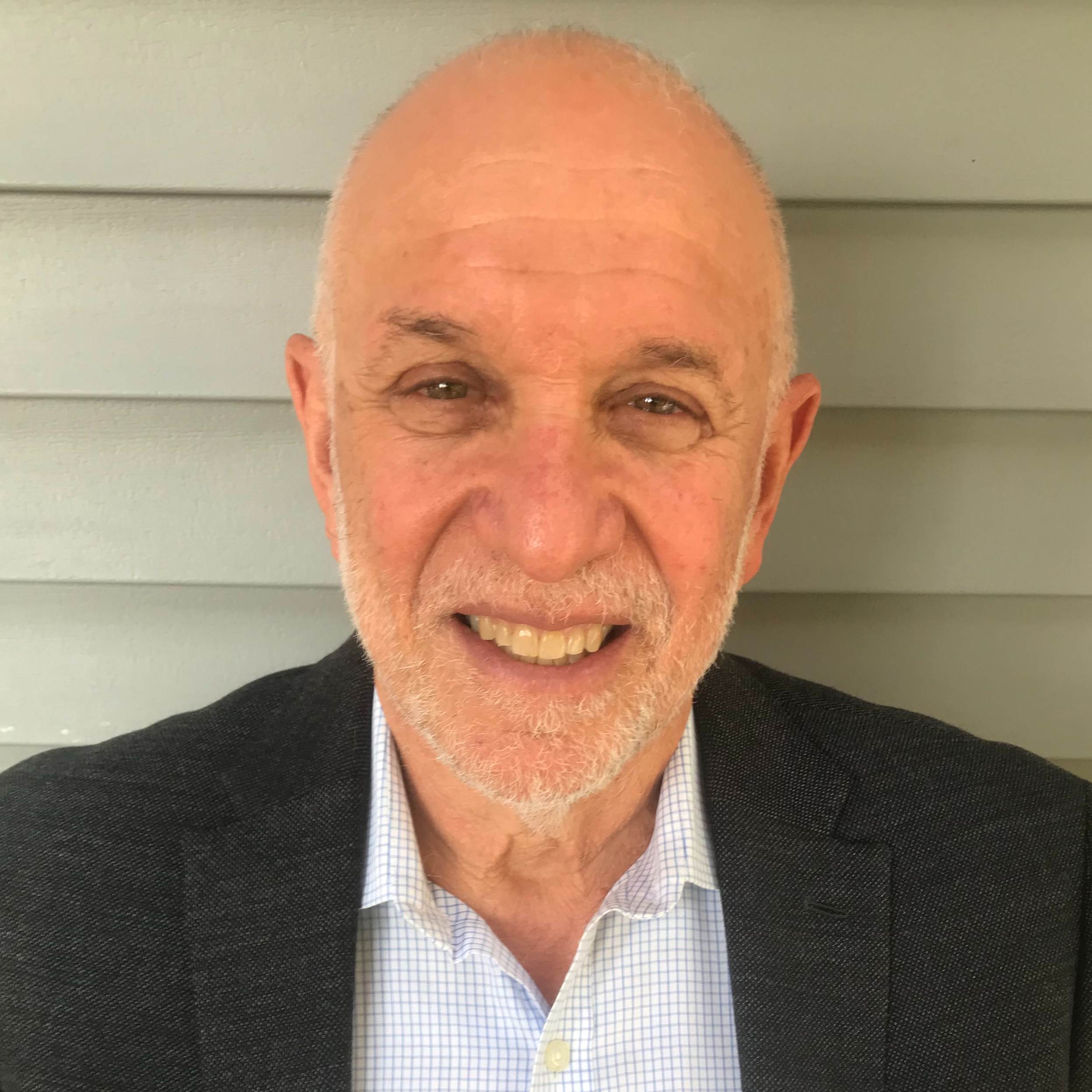
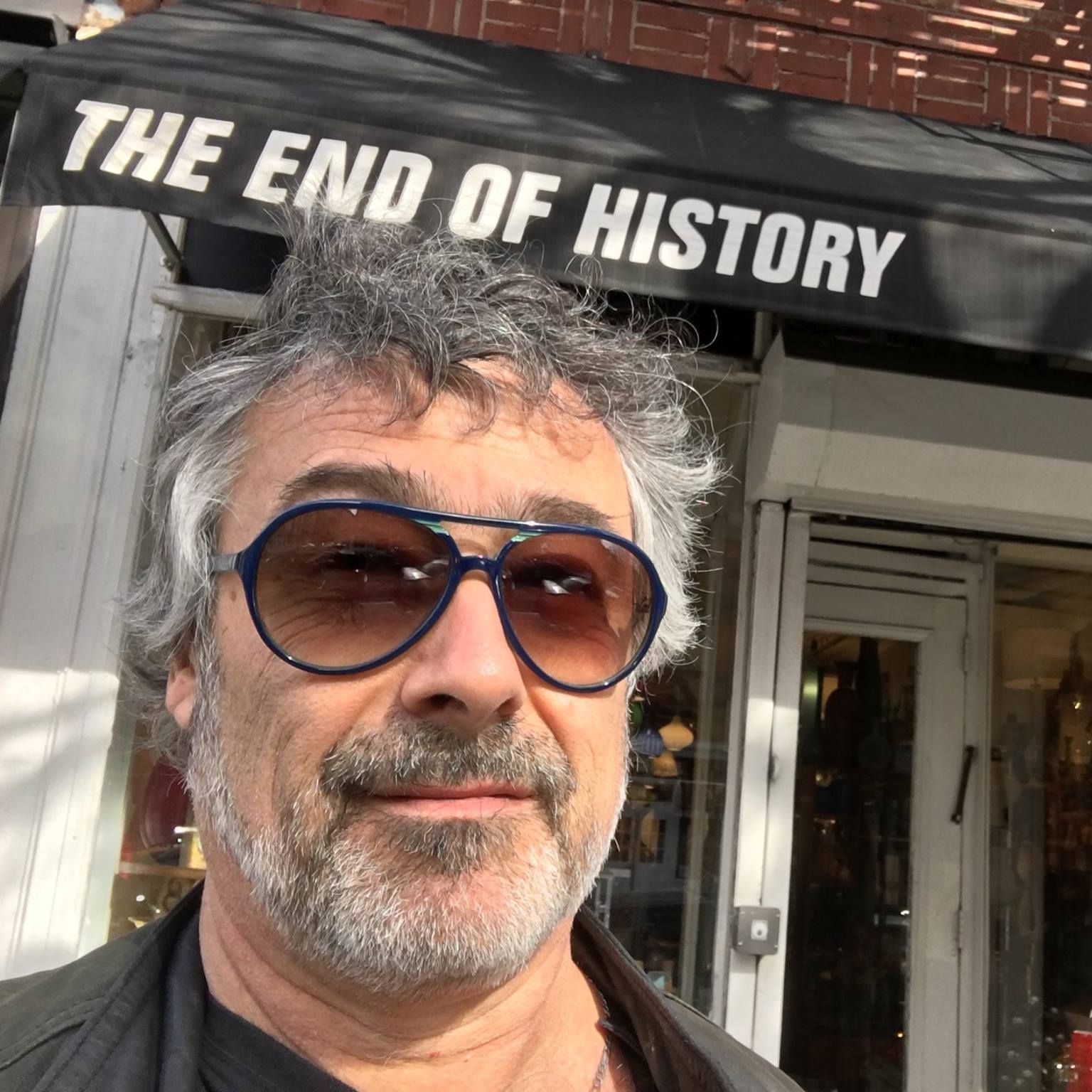
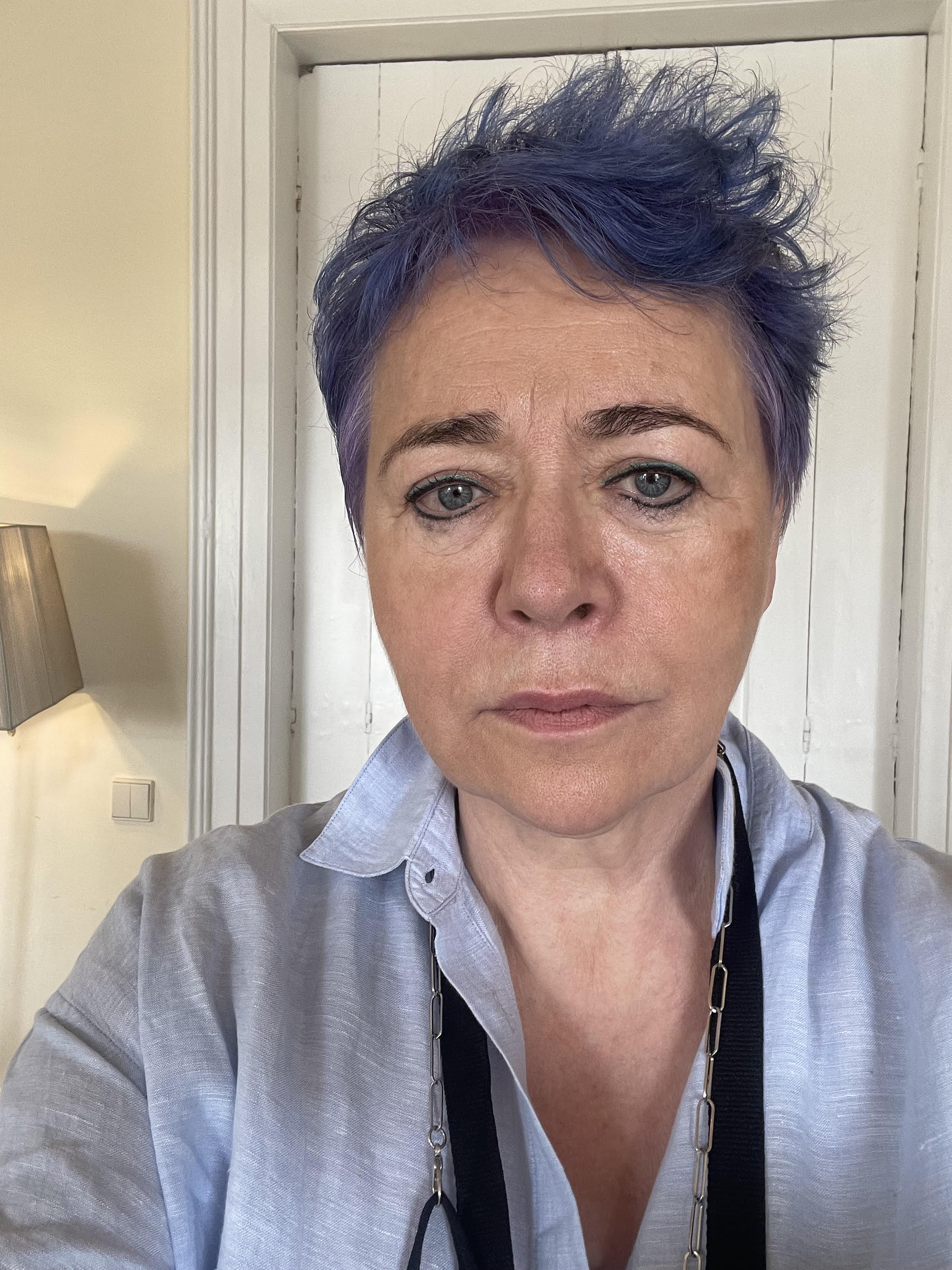
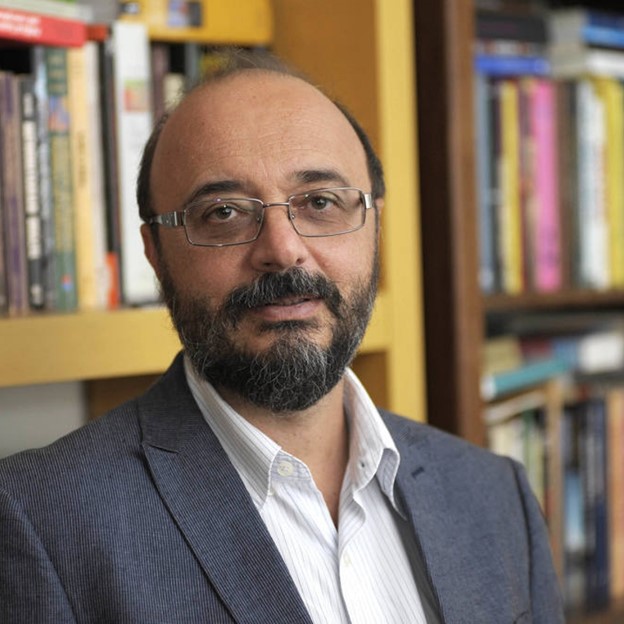
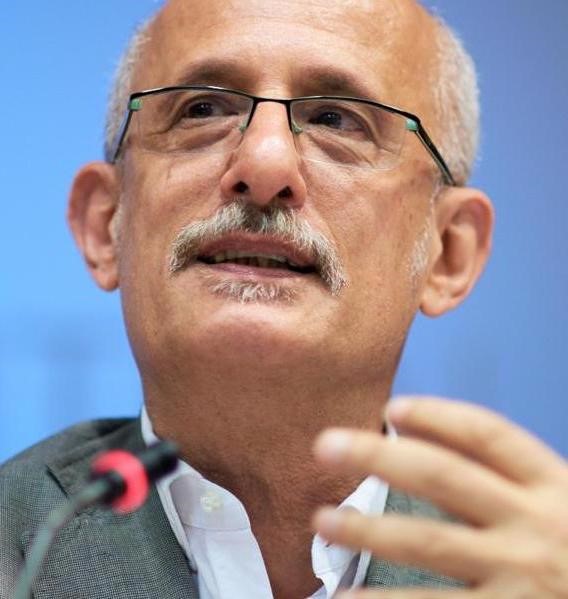
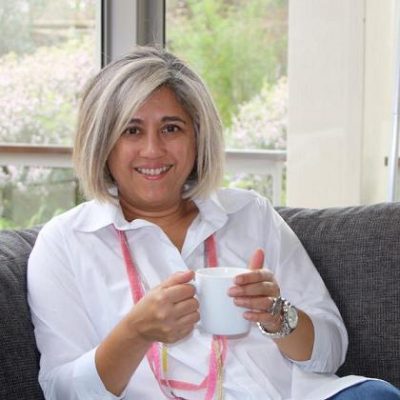
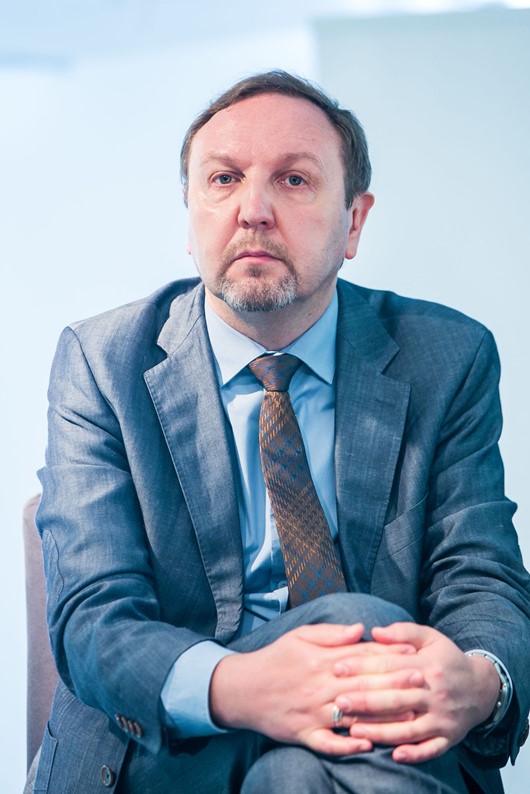
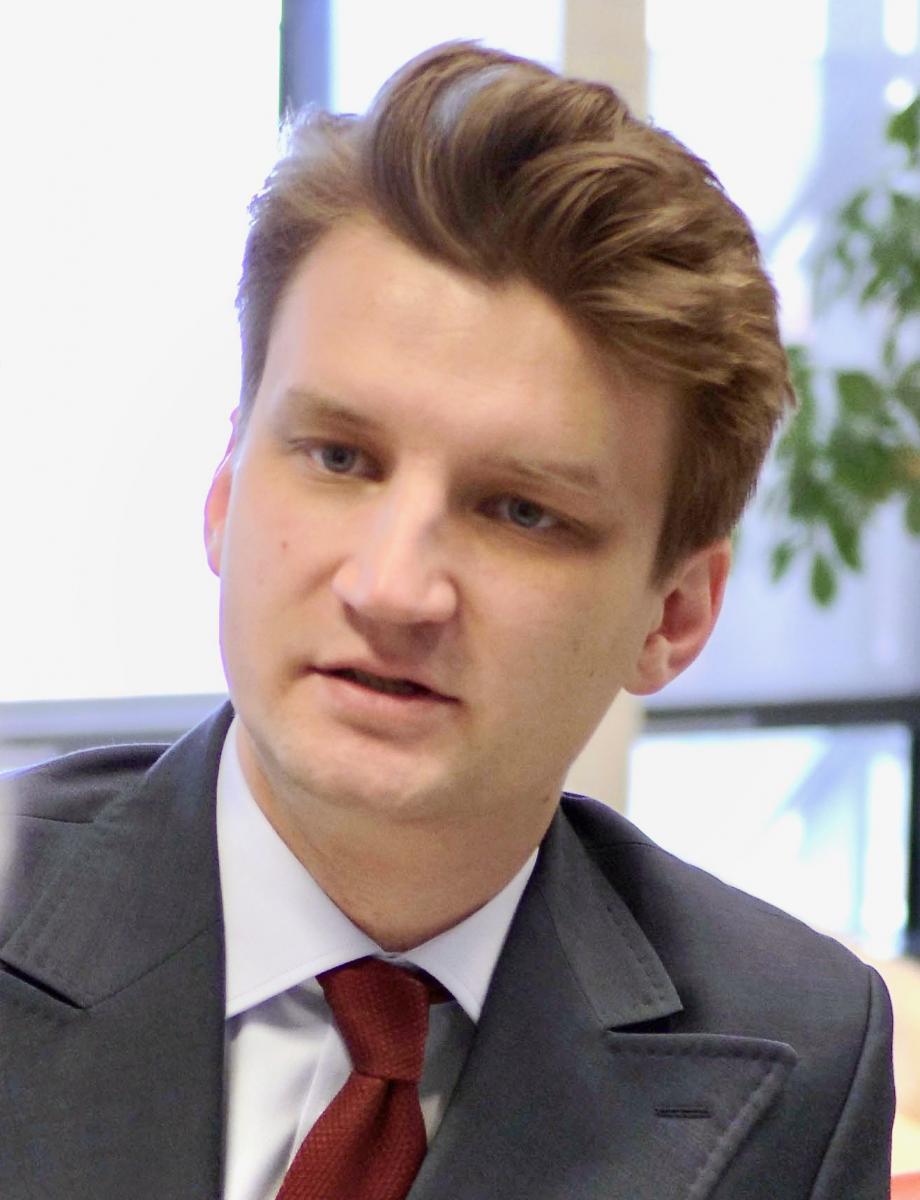
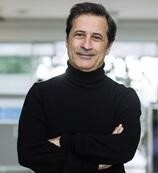
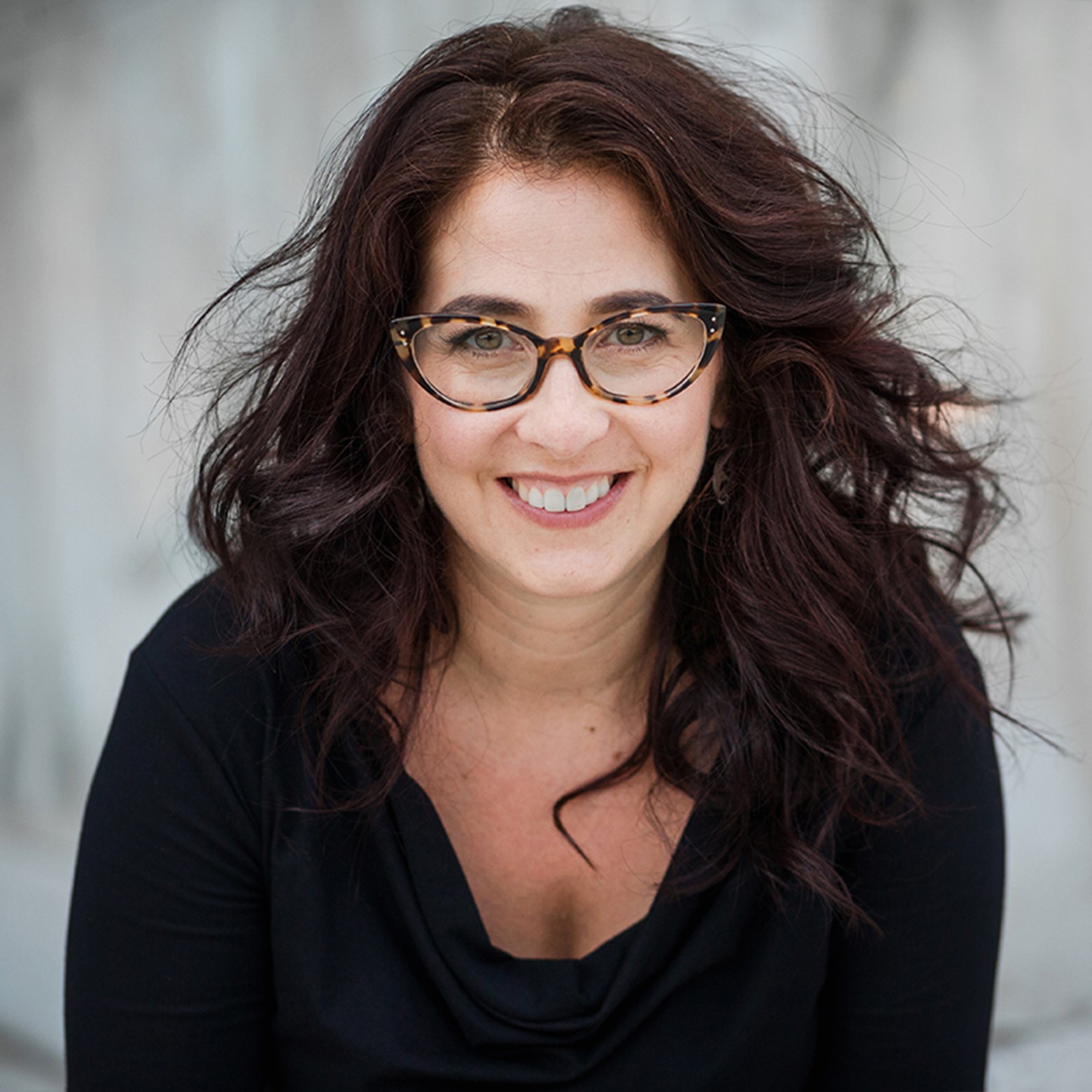
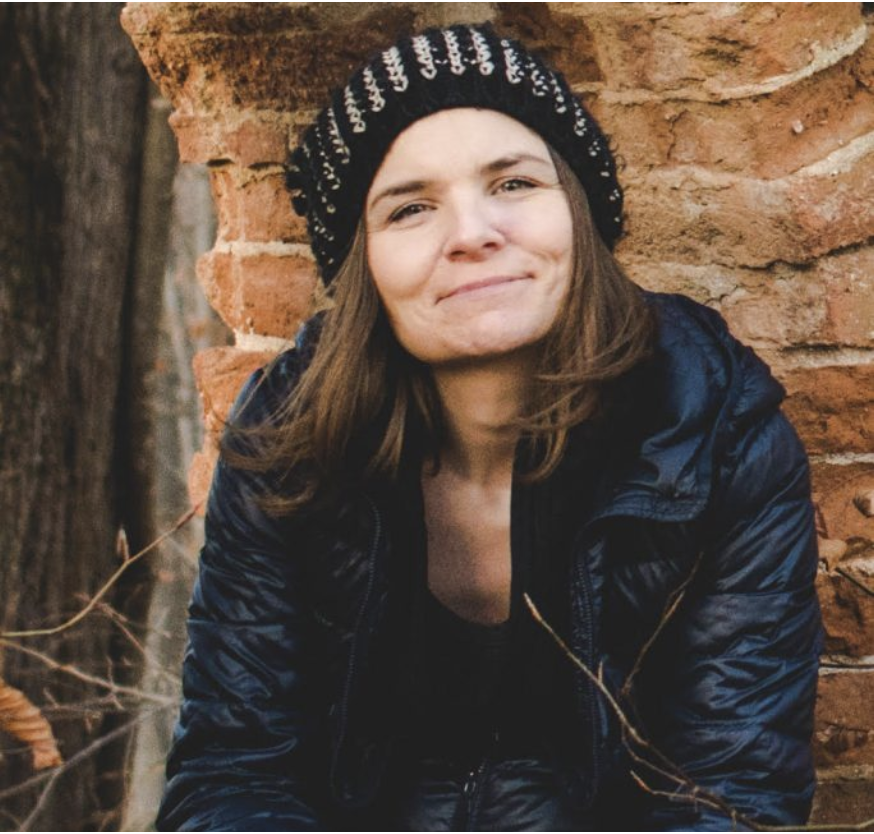
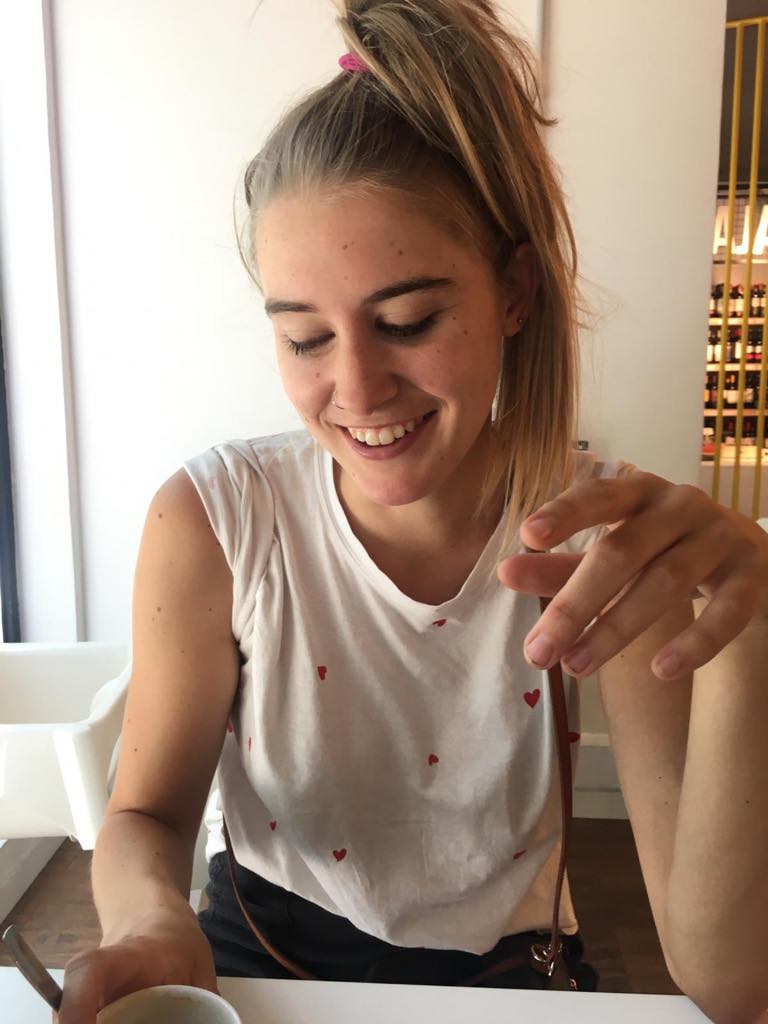
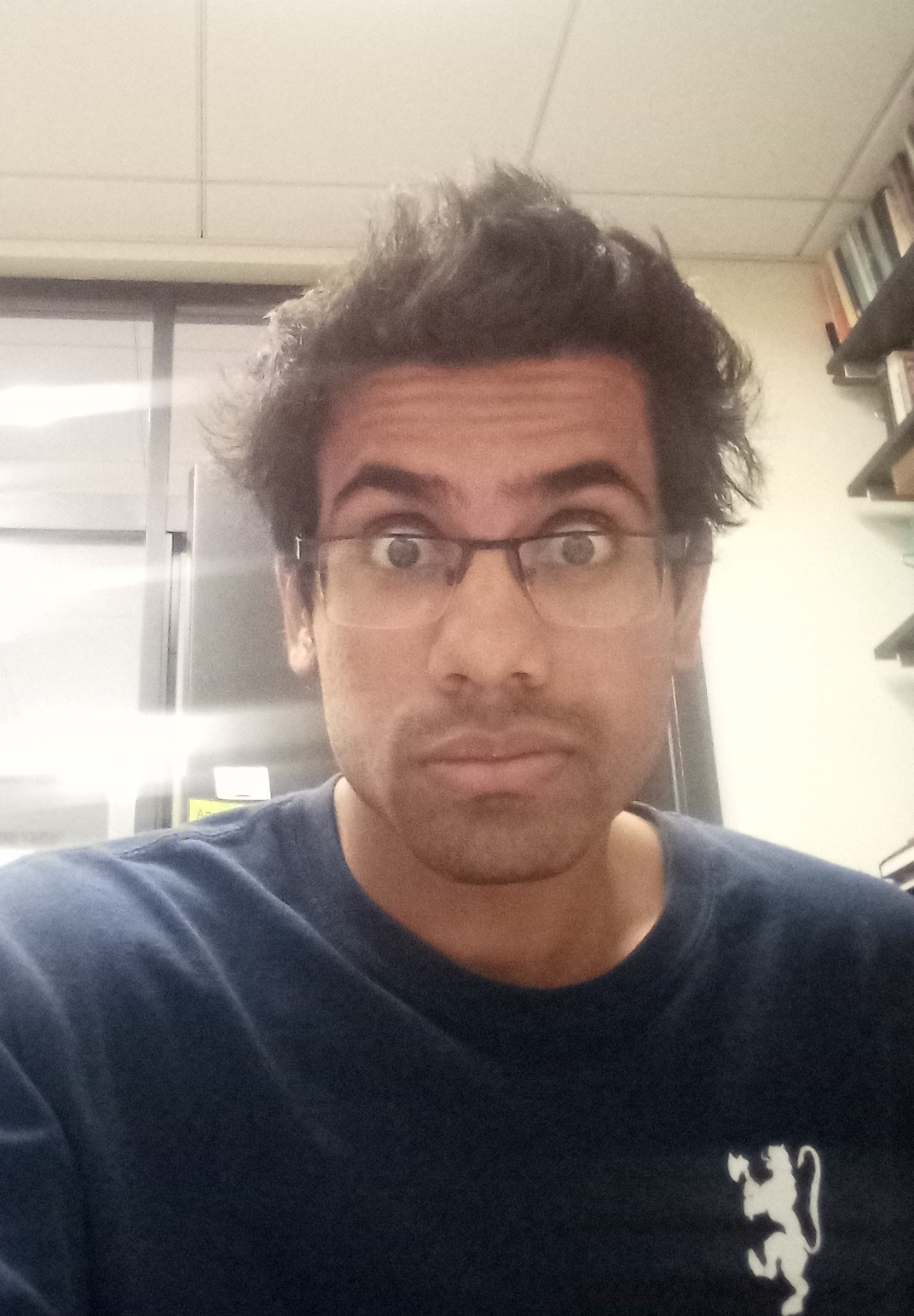
About us